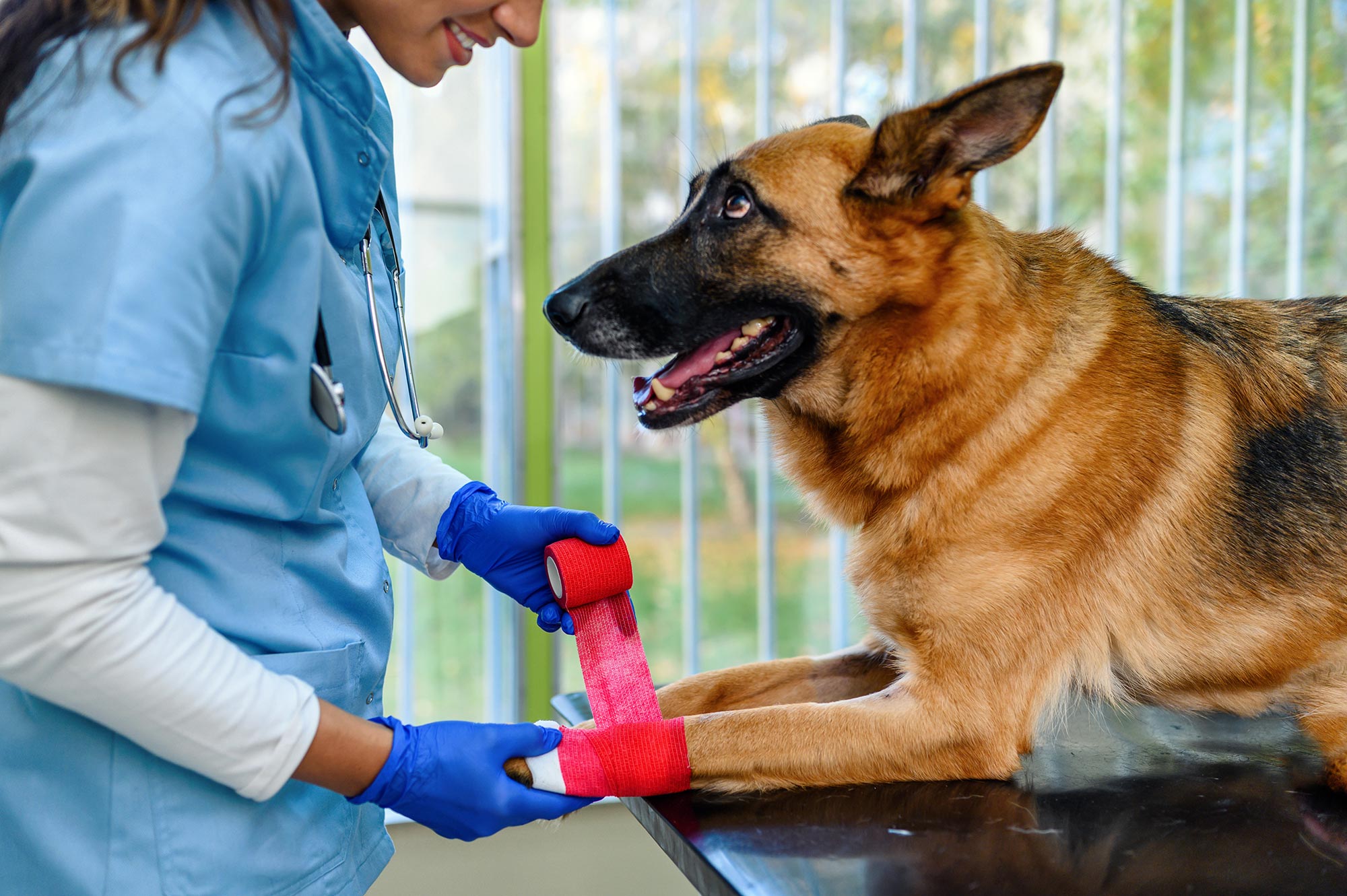Does your cat turn into an escape artist the moment you bring out the carrier? You’re not alone. Getting your feline friend to the vet can feel like an epic quest, but it doesn’t have to be. At Dupont Veterinary Clinic, your trusted cat-friendly vet in Fort Wayne, IN, we understand the challenges, and are […]
Read More
